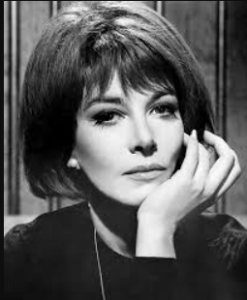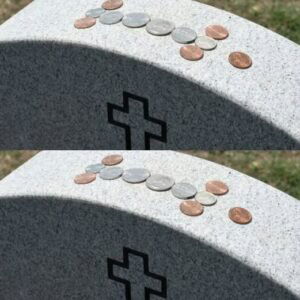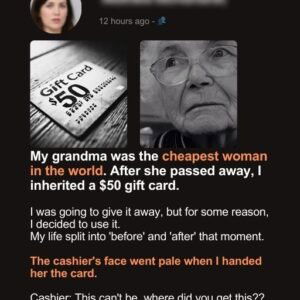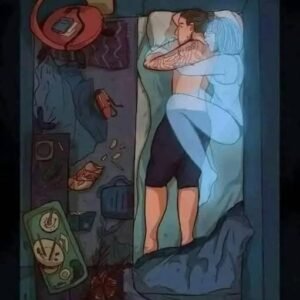In the golden era of 1950s Hollywood, Lee Grant was on the cusp of stardom. She was young, beautiful, and immensely talented, earning critical acclaim and an Academy Award nomination for Best Supporting Actress for her role in Detective Story (1951). Hollywood had its next big star—or so it seemed. But within a few short years, Grant went from being a rising luminary to a Hollywood exile,
her career derailed not by scandal, poor performances, or box office failures, but by something far more insidious—the infamous Hollywood blacklist,The blacklist, a dark chapter in the history of American cinema, was a product of the McCarthy era’s anti-communist fervor. During this period, Hollywood was gripped by fear as the U.S. government and the media began to target those suspected of having communist sympathies. Screenwriters, directors, actors, and other industry professionals found themselves blacklisted.
, losing their livelihoods and being banned from working in film. The damage was often not just professional but personal, as families were torn apart and reputations were destroyed, all in the name of political ideology and paranoia.Lee Grant’s fall from grace was both swift and cruel. Despite being one of Hollywood’s brightest talents,
she was caught in the crosshairs of this political witch hunt. Her troubles began when she was called to testify before the House Un-American Activities Committee (HUAC) in 1952. The committee, known for investigating supposed communist activity in America, had already condemned many in the entertainment industry, and Grant, though never a member of the Communist Party, was swept up in its net.At just 26 years old, Grant faced an agonizing decision. Would she comply with the committee and name names, a practice that could potentially save her career but ruin.






